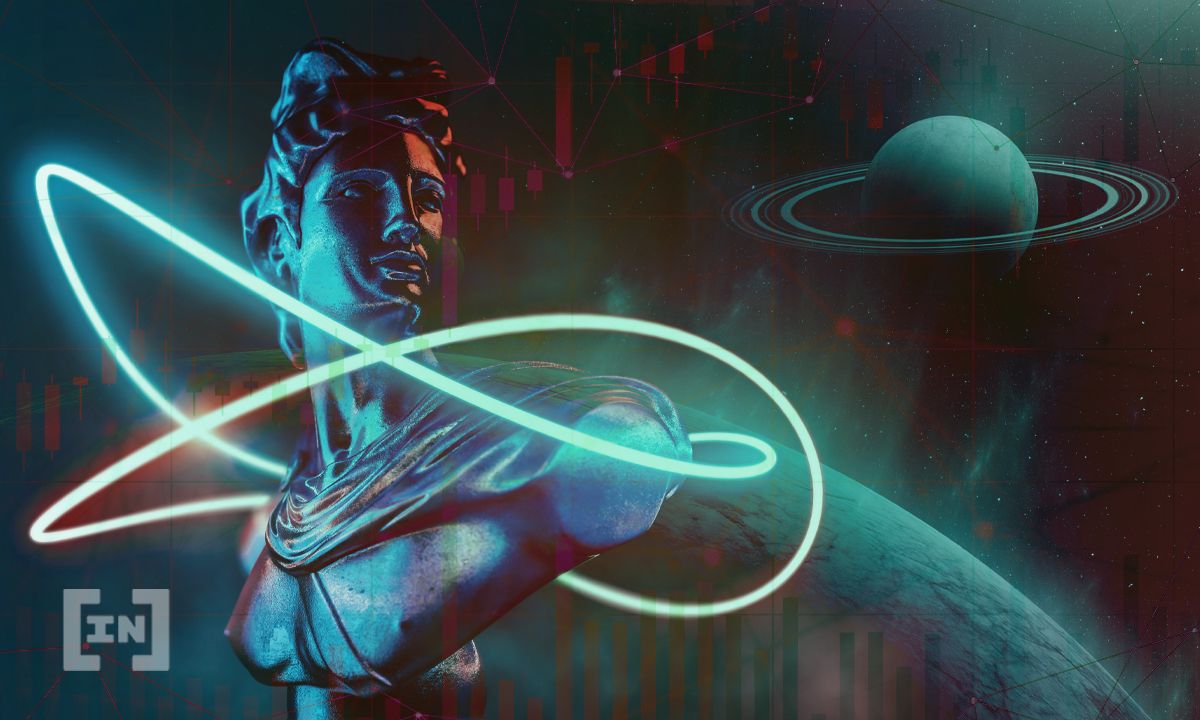A Wyoming-based Decentralized Autonomous Organization (DAO) which goes by the name of American CryptoFed DAO LLC has become one of the first entities of its type to officially file and declare its registration with the Securities and Exchange Commission (SEC) in the United States of America.
The S-1 registration form and process were made possible thanks to new legislation called ‘Senate Bill 38’ that was introduced by the state of Wyoming on 04 July 2021. S-1 and the Senate Bill 38 enables DAOs to register with the state legally and officially as ‘limited liability corporations (LLCs).
Earlier this year, the company made headlines for becoming one of the first legally recognized DAOs in the USA. Acceptance of the filing made by American CryptoFed DAO LLC is still currently pending, and the document submitted to the SEC is publicly available for viewing online.
American CryptoFed’s S-1 Filing
The document includes information about the nature of the tokens associated with the project, the Ducat and the Locke. The official registration of such tokens with the SEC paves the way for a future of enhanced relationships between blockchain and cryptocurrency companies with regulators.
This is a good thing because stereotypically, regulators in many Western countries including the USA have been averse to clear regulation of cryptocurrencies. On the other hand, these same authorities have proven themselves to be vocally proactive in the enforcement of traditional financial legislation onto new types of assets, such as decentralized digital cryptocurrencies.
Furthermore, the S-1 makes sure to specify that these tokens will undergo a pre-registration process. However, it will not be part of a token sale. Such public retail offerings of cryptocurrencies to U.S. citizens are in a legally gray area. This is due to the disparity between their status as a ‘security’ whose value is speculative yet largely unregulated.
- Ducat has been classified in this S-1 registration as a ‘stable token’ thanks to inbuilt measures which prevent “inflation and deflation”. Its purpose is described as both a utility, and asset, and a transactional currency, to be “used for pricing goods and services, for daily transactions, for accounting and the store of value.
- Locke is defined specifically to act as a governance token, whose purpose is for staking and lock-up as well as to further democratize network operations and decision-making.
The State of Crypto in Wyoming
Wyoming is one of the pioneering states in the USA with regards to regulation, legislature, and state support for DAOs, which are heavily associated with and were introduced by the blockchain and cryptocurrency industry
In particular, state Senator Cynthia Lummis has been a vocal advocate of blockchain and cryptocurrency regulation amongst her peers. For example, she was responsible for several “crypto-friendly” laws being passed in the state in 2018 and 2019.
Following this, a large number of prominent names within the crypto sector moved their operations to the state, including Kraken and Cardano. Additionally, the state has made official recommendations as to the usage of natural gas energy to crypto miners.
What are DAOs? Benefits and regulation
DAOs are a relatively new type of business organization. They are defined by their novel hierarchical structure, or lack thereof. The idea is that, much like the decentralized governance of blockchain networks, the operation of a company should be operated in much the same way.
As such, they often shun the implementation of traditional leadership titles and roles such as CEO and other executive positions. Like the industry from which they were spawned, DAOs are in a regulatory quandary in most of the world due to the major differences between them and traditional types of business models.
There are many benefits to the DAO business model. For example, since before the global pandemic, DAOs have been reaping the benefits of remote working. Benefits such as utilizing global communications tools such as Slack, and taking advantage of ‘gig economy’ and agencies. This can be to streamline operational and human resource expenses – as well as taking advantage of the perspectives, expertise, and skill sets of a global talent pool.
Until the recent regulatory progress pioneered by the likes of Wyoming lawmakers, the USA has been regarded as a relatively backward and slow to adopt nation with regards to cryptocurrency and DAO legislature.
Key sticking points have included the absence of a direct line of centralized accountability/liability. Another is the non-profit claims made by many DAOs, combined with a relative lack of KYC / AML enforcement capabilities nor clearly defined rules with which most regulators are equipped for cryptocurrencies.
What do you think about this subject? Write to us and tell us!
